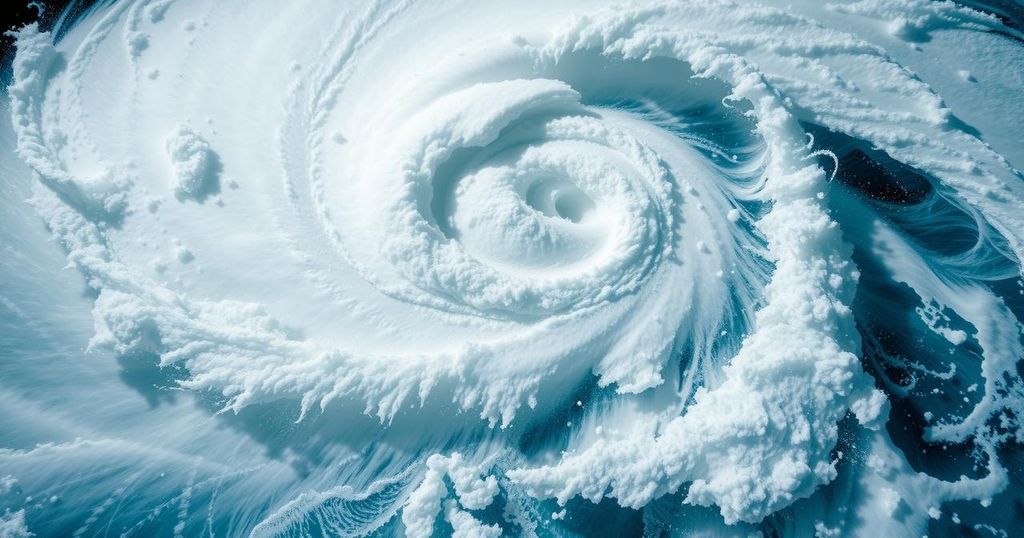Cyclone Dikeledi Strikes Madagascar, Mayotte Prepares for Impact

Cyclone Dikeledi made landfall in Madagascar on January 11, 2024, causing destructive winds and heavy rainfall. The cyclone is expected to affect Mayotte on January 13, prompting an Orange Cyclonic Alert due to potential flash floods and marine submersion risks. Significant weather impacts are also anticipated in Madagascar before conditions improve later.
Tropical Cyclone Dikeledi made landfall on January 11, 2024, in the Antsiranana province of Madagascar, generating destructive winds of up to 155 km/h (96 mph) alongside heavy rainfall and hazardous sea conditions. The cyclone is anticipated to progress into the Mozambique Channel, potentially intensifying and affecting nearby Mayotte as it passes approximately 100 km (62 miles) to the south on January 13. Mayotte is currently under an Orange Cyclonic Alert due to expected high winds, heavy rains, and associated risks of flash floods and marine submersion. Conditions in Madagascar are expected to gradually improve following the cyclone’s passage, while Mayotte braces for severe weather on Sunday.
The tropical cyclone Dikeledi represents the second significant weather event impacting the region this season, following Cyclone Chido’s destructive effects on Mayotte in December. Cyclones in the southwest Indian Ocean typically bring risks such as high winds, heavy rainfall, and life-threatening sea conditions. In this context, authorities have implemented alerts in anticipation of dangerous weather conditions impacting both Madagascar and Mayotte, aiming to inform and protect the local populations as the storm system approaches.
Cyclone Dikeledi has the potential to cause severe adverse weather in both Madagascar and Mayotte, prompting alerts and preparations for possible disasters. As it moves through the region, the authorities are vigilant in monitoring the system’s development and impacts. Communities are urged to remain informed and take necessary precautions against the expected hazards as Dikeledi continues its course across the Indian Ocean.
Original Source: watchers.news







